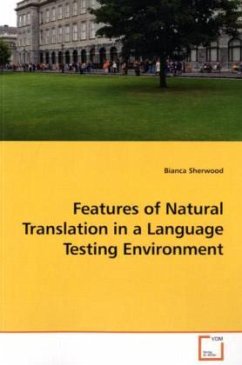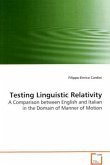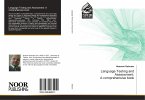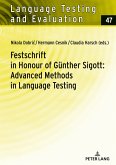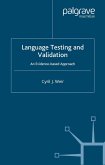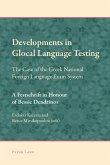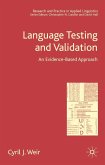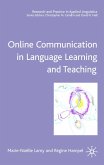Natural translation (NT) environments reflect and shape participants= expectations and assumptions about translation activities. This study explores the features of NT environments with particular emphasis on a language testing environment. The data consists of samples of natural translations of a translation task which is a sub-test of a second language competence test for candidates seeking admission to a bilingual university program. The study also includes a translation of the test text by a fully qualified professional translator. The findings support the view that translating ability is a complex developmental cognitive competence. In performing the translation task, NT strategies tend to focus on a close linguistic matching of phrases. Student translators (STs), as is the case with the professional translator, appear to attend more systematically to a broader range of features including extra-linguistic factors. This attention to extra features may explain why most studenttranslators were unable to complete the task in the allotted time. Nevertheless, the differences observed seem to be more a matter of degree than of type.
